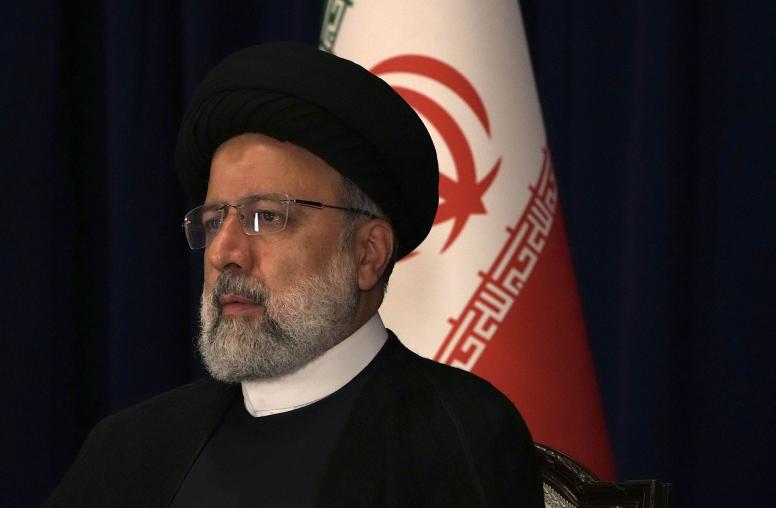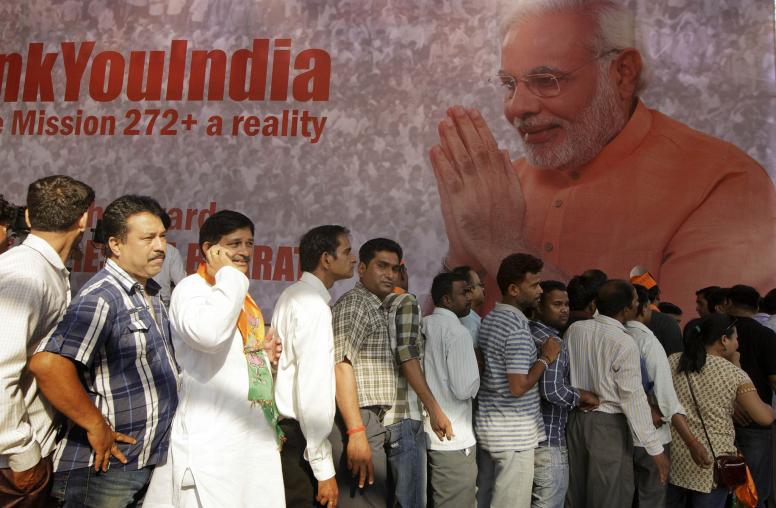Confronting Crimes Against Humanity
Darfur, East Timor, Rwanda, Bosnia—these are just some of the mass atrocities that have occurred since the 1990s. But that period also saw the beginning of a series of efforts to confront crimes against humanity. This study guide describes the key elements of humanitarian intervention and the "responsibility to protect," as well as methods for protecting civilians.

This study guide series is designed to serve independent learners who want to find out more about international conflict and its resolution, as well as educators who want to introduce specifics topics in their courses. The main text of each guide briefly discusses the most important issuesconcerning the topic at hand, especially those issues that are related to the critical task of managing conflicts and building international peace.
Features of the study guide include:
- Main text that discusses the challenges of confronting crimes against humanity and related issues that play significant roles in confronting crimes against humanity and managing conflict.
- A glossary of terms to help the reader build vocabulary used in the discussions about the topic.
- Discussion questions and activities to encourage critical thinking and active learning.
- A list of readings and multimedia resources for additional investigation and learning opportunities.
The study guide can be used by teachers and students to:
- Increase understanding of the complex environment of conflict and dealing with crimes against humanity.
- Become familiar with strategies for conflict prevention, management, and resolution.
- Develop students’ analytical reading, writing, and research skills.
- Reinforce students’ abilities to produce a work product using traditional and electronic means of research, discussion, and document preparation.
- Locate lessons, bibliographic sources, factual materials, and multi-media resources to assist students in writing essays for submission to the National Peace Essay Contest.
Download the Study Guide
The Study Guide includes all lesson plans, student handouts and instructions. To request a hard copy of the study guide be mailed to you, please send an email with your name and mailing address to: essaycontest@usip.org.
The Study Guide is in PDF format. To view or print it you will need the free Adobe Acrobat reader.
- Download the Study Guide (396 KB)




